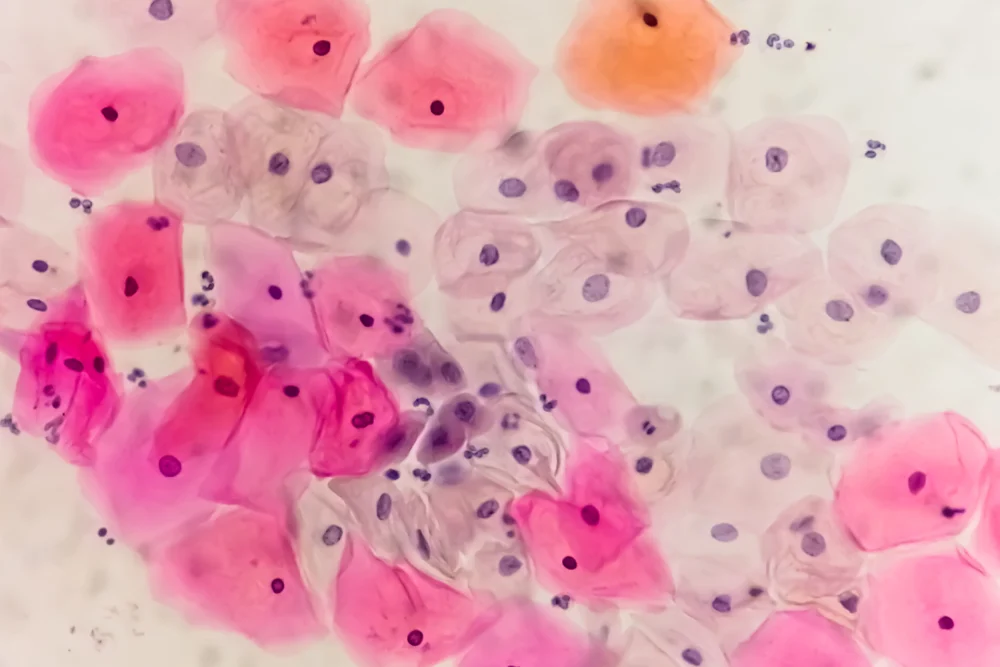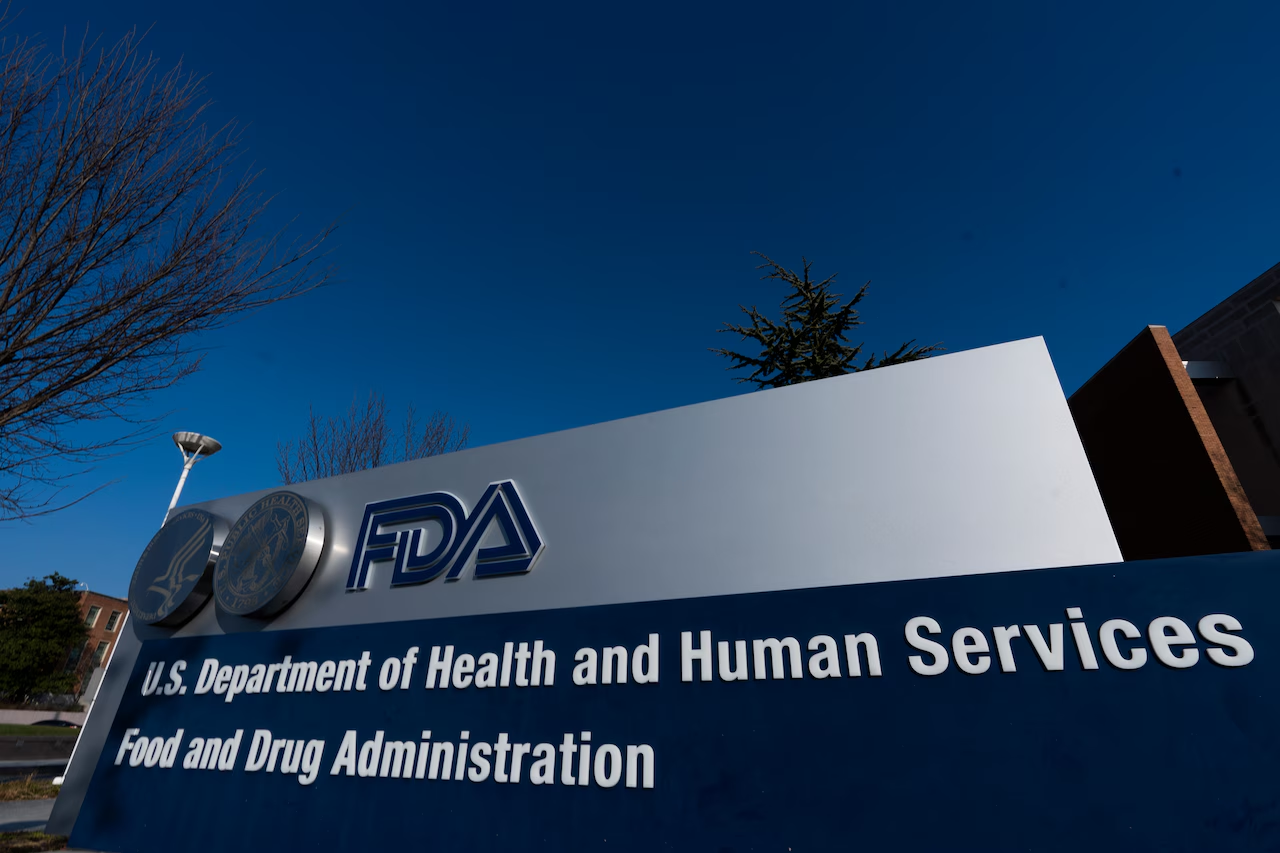Vitamin D is essential for maintaining strong bones, a healthy immune system, and overall well-being. While sunlight exposure is a primary source, it’s not always sufficient, especially during winter months or for individuals with limited sun exposure. Fortunately, several natural food sources can help you meet your daily vitamin D needs without resorting to supplements.
1. Fatty Fish and Seafood
Fatty fish are among the richest natural sources of vitamin D. A 3.5-ounce (100-gram) serving of wild-caught salmon can provide up to 1,000 IU of vitamin D, covering the recommended daily intake for most adults. Other fish like mackerel, sardines, and tuna are also excellent sources.
2. UV-Exposed Mushrooms
Mushrooms are unique in that they can synthesize vitamin D when exposed to sunlight or ultraviolet (UV) light. UV-exposed mushrooms, such as maitake and portobello, can contain significant amounts of vitamin D2, the plant-based form of the vitamin. Including these mushrooms in your diet can be particularly beneficial for vegetarians and vegans.
3. Fortified Foods
Many foods are fortified with vitamin D to help individuals meet their daily requirements. Common fortified foods include cow’s milk, plant-based milk alternatives (like soy, almond, and oat milk), orange juice, and breakfast cereals. Always check the nutrition label to ensure the product contains added vitamin D.
4. Egg Yolks
Egg yolks contain small amounts of vitamin D, with one large egg providing about 41 IU. The vitamin D content in eggs can vary depending on the hen’s diet and exposure to sunlight. Eggs from pasture-raised hens typically have higher levels of vitamin D.
5. Moderate Sun Exposure
While it’s important to protect your skin from excessive sun exposure, short periods of sunlight can stimulate your body to produce vitamin D. Spending about 10 to 30 minutes in direct sunlight several times a week can help maintain adequate vitamin D levels, depending on factors like skin tone, geographical location, and time of year.












Leave a Reply